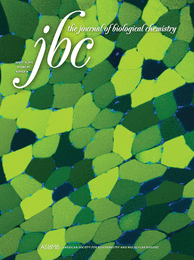An article by Genentech scientists received an extensive correction in January for multiple instances of image duplications after comments on PubPeer spurred the authors to review the work.
But the correction “inadvertently omitted” an additional duplication, and will be updated after Retraction Watch brought the matter to the journal’s attention, a representative for the publication said. The sleuth who identified the additional duplication said the original article should have been retracted instead of corrected.
The article, “Death-receptor activation halts clathrin-dependent endocytosis,” appeared in July 2006 in Proceedings of the National Academy of Sciences, with a correction issued that September. It has been cited 99 times, according to Clarivate’s Web of Science.
Continue reading Exclusive: Extensive correction to Genentech PNAS article will get an update after RW inquiry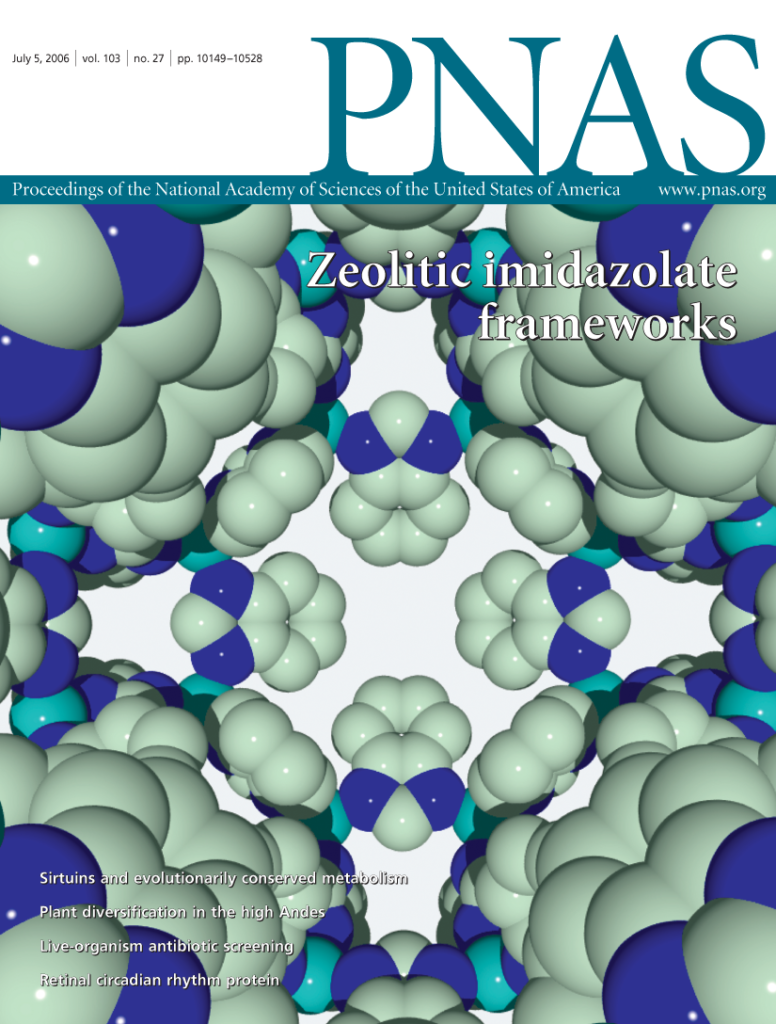
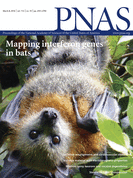 Sometimes, corrections are so extensive, they can only be called one thing: Mega-corrections.
Sometimes, corrections are so extensive, they can only be called one thing: Mega-corrections.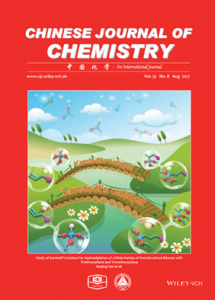
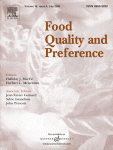 A Cornell food researcher who has pledged to re-analyze his papers following heavy criticism of his work has issued a major correction to a 2005 paper.
A Cornell food researcher who has pledged to re-analyze his papers following heavy criticism of his work has issued a major correction to a 2005 paper.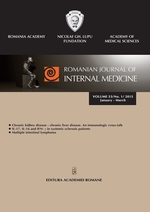 A researcher in Greece has issued extensive — what we sometimes call “
A researcher in Greece has issued extensive — what we sometimes call “
 The BMJ has released a
The BMJ has released a  A researcher charged with embezzlement — and now the
A researcher charged with embezzlement — and now the 